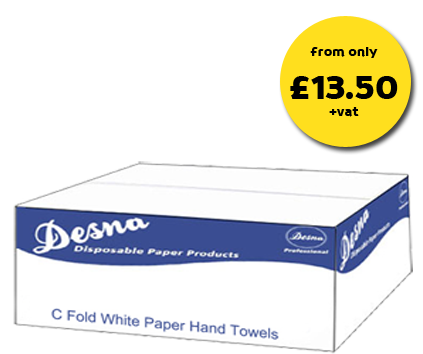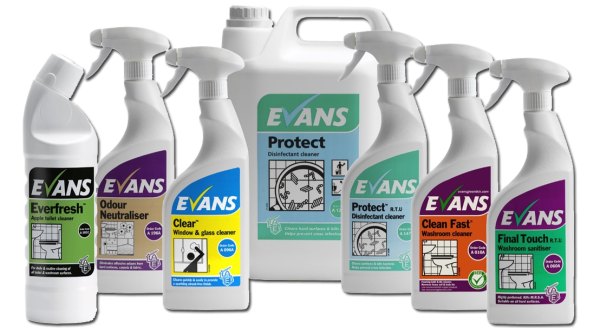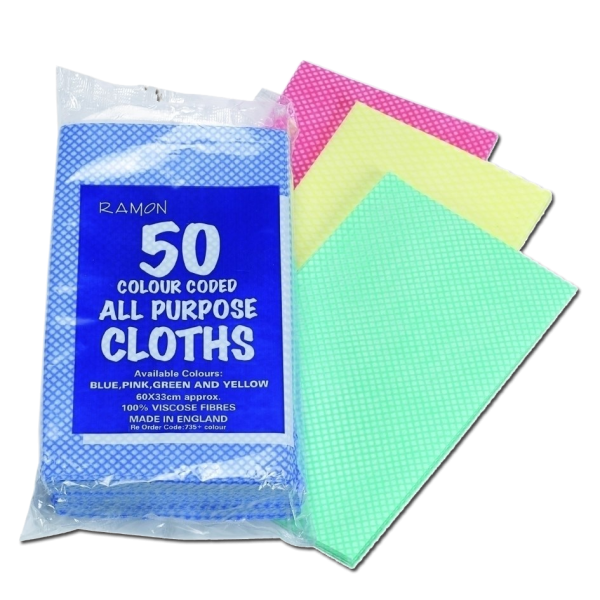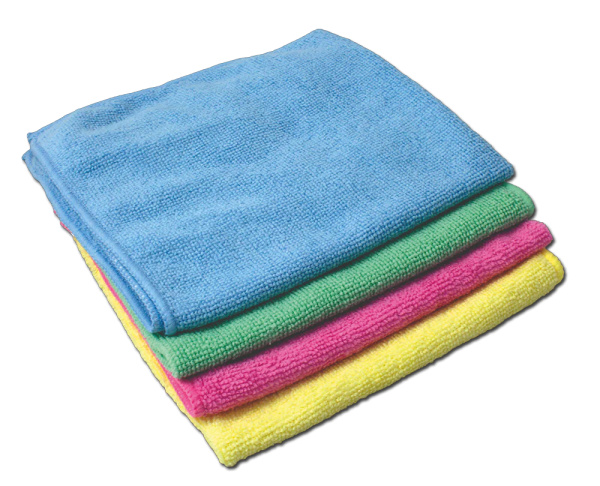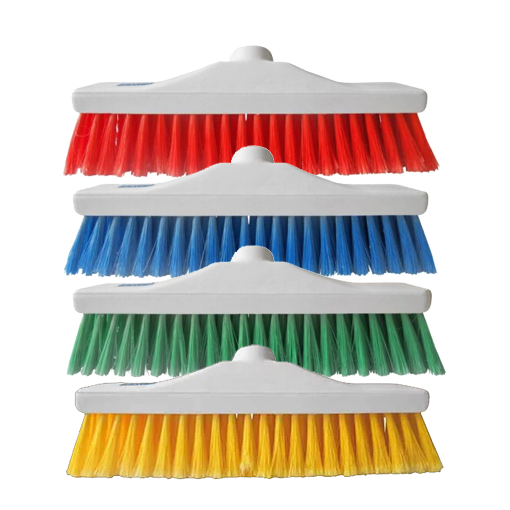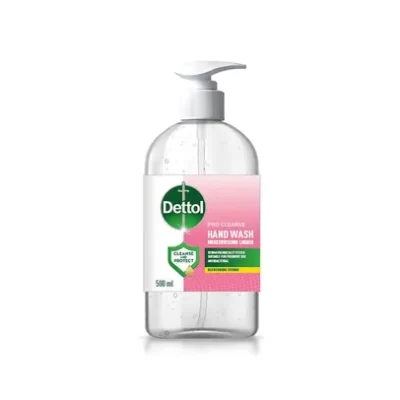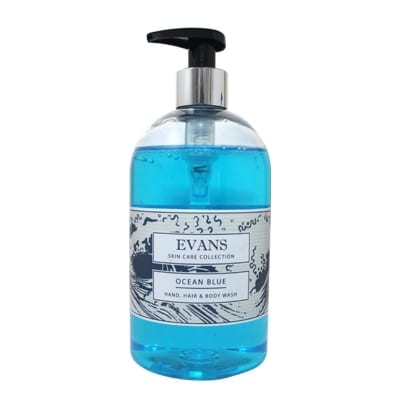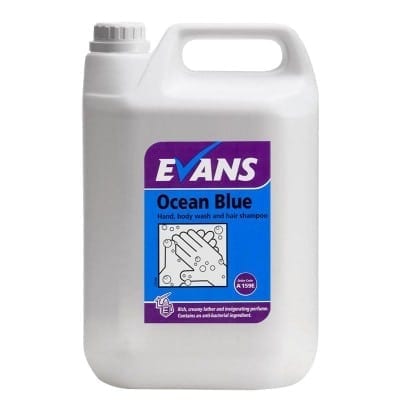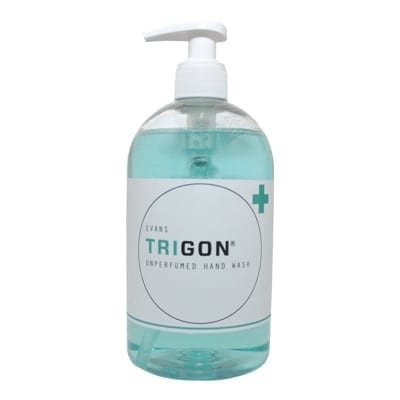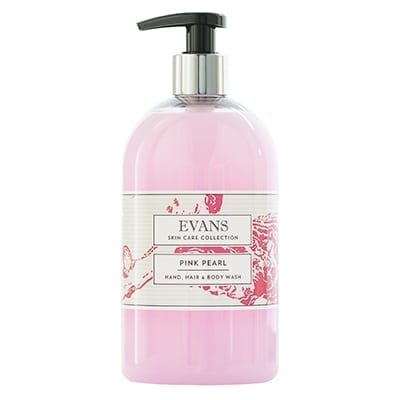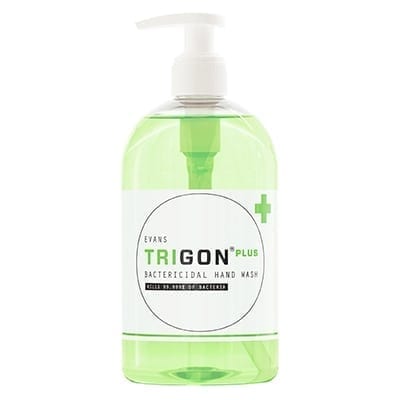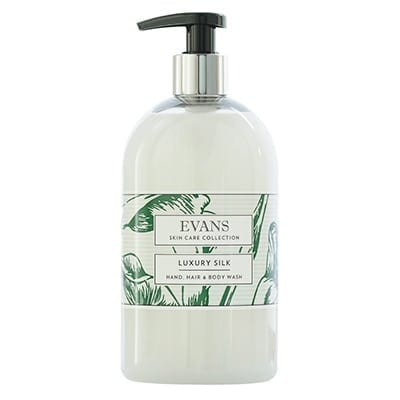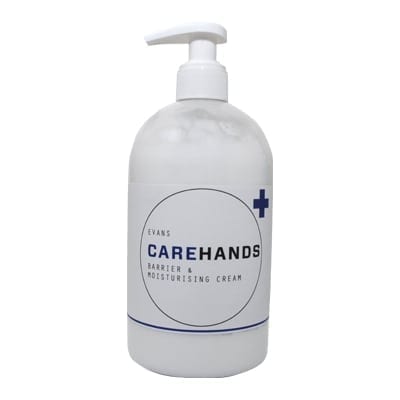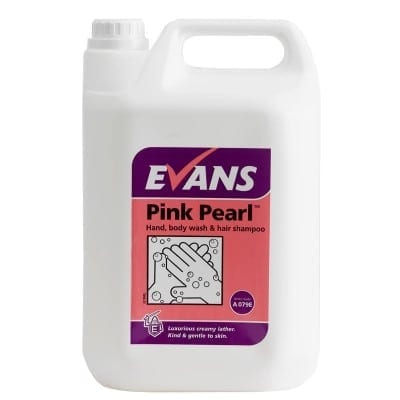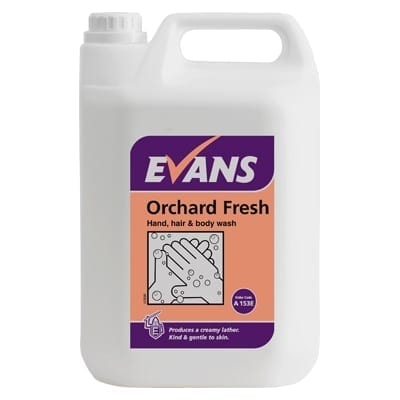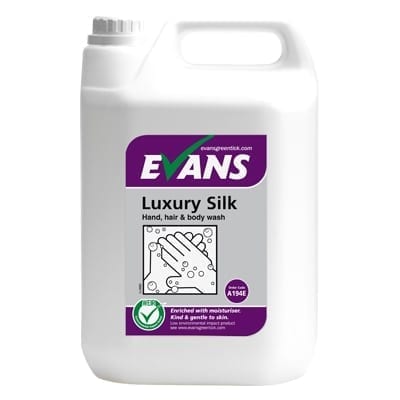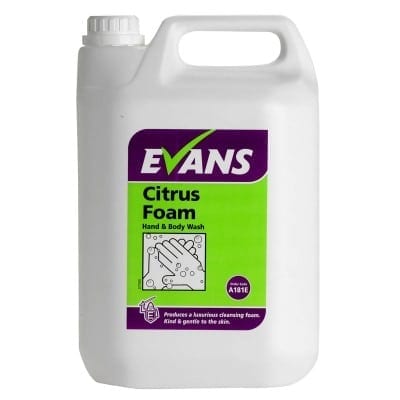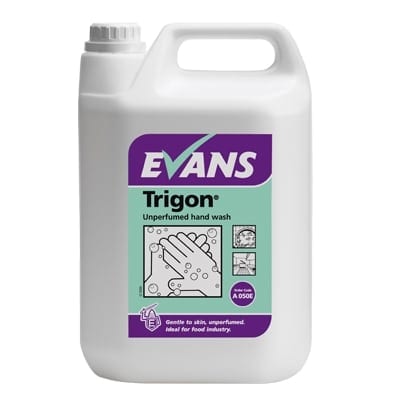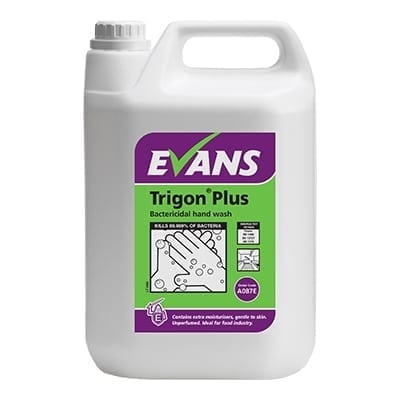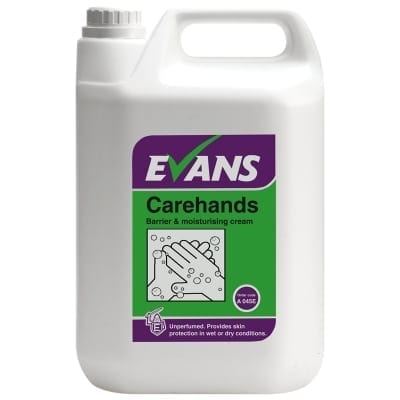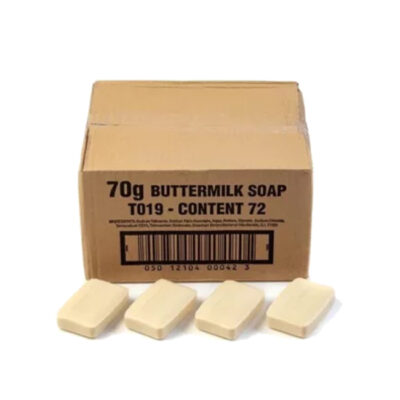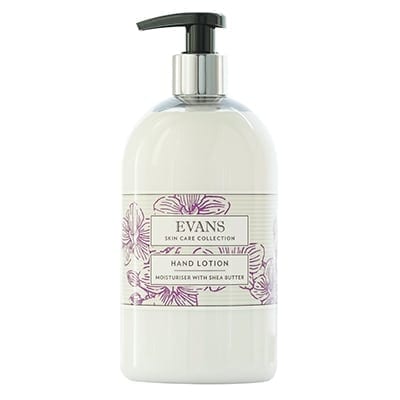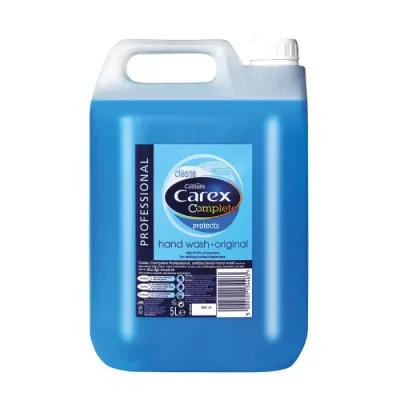Hand soaps play a crucial role in maintaining hygiene standards in various industries, including janitorial services in the UK. Here are some key points about hand soaps in this industry:
- Importance of Hand Hygiene: Janitorial services in the UK prioritize hand hygiene to prevent the spread of infections and maintain a clean and safe environment in workplaces, schools, hospitals, and other public spaces.
- Regulatory Compliance: Hand soaps used in the janitorial industry in the UK must comply with regulations set by governing bodies such as the Health and Safety Executive (HSE) and the European Chemicals Agency (ECHA). These regulations ensure that the products are safe for use and effective in killing germs.
- Types of Hand Soaps: The janitorial industry offers various types of hand soaps, including liquid hand soaps, foam hand soaps, antibacterial hand soaps, and moisturizing hand soaps. Each type has its own benefits and is suitable for different environments and preferences.
- Antibacterial Properties: Many soaps used in the janitorial industry in the UK contain antibacterial agents such as triclosan or benzalkonium chloride to kill bacteria and reduce the risk of infections.
- Environmental Considerations: With increasing awareness of environmental sustainability, there’s a growing demand for eco-friendly hand soaps in the janitorial industry. These soaps are biodegradable, phosphate-free, and made from natural ingredients to minimize their impact on the environment.
- Dispensing Systems: Janitorial services often use bulk refillable dispensing systems for hand soaps to reduce packaging waste and cost. These systems can be wall-mounted or placed on countertops for easy access.
- Branding and Packaging: Some janitorial companies opt for branded hand soaps with customized packaging to reinforce their brand image and create a positive impression on clients and customers.
- Training and Education: Proper hand hygiene practices are emphasized in janitorial training programs. Janitorial staff are trained on the importance of handwashing, the correct technique, and the appropriate use of hand soaps to ensure maximum effectiveness.
- Supply Chain Management: Janitorial companies often have robust supply chain management systems in place to ensure a steady supply of hand soaps and other cleaning products to meet the demands of their clients.
Overall, hand soaps are an essential component of the janitorial industry in the UK, contributing to maintaining cleanliness, preventing infections, and promoting a healthy environment in various settings.
The difference between bulk fill hand soap and cartridge fill soap dispensers.
Bulk fill soap dispensers and cartridge fill soap dispensers are two common types of dispensers used in commercial settings for providing hand soap. Here are the key differences between them:
- Refilling Method:
- Bulk Fill Hand Soap Dispensers: These dispensers are designed to be manually refilled with liquid soap from larger containers or bulk refill pouches. The soap is poured directly into the dispenser’s reservoir.
- Cartridge Fill Soap Dispensers: Cartridge fill dispensers use pre-filled soap cartridges or pouches that are inserted into the dispenser. When the soap in the cartridge is depleted, the entire cartridge is replaced with a new one.
- Ease of Refilling:
- Bulk Fill Soap Dispensers: Refilling bulk fill dispensers can be relatively straightforward but may require pouring liquid soap from larger containers, which can be messy if not done carefully.
- Cartridge Fill Soap Dispensers: Cartridge fill dispensers offer a more convenient and mess-free refilling process since the entire cartridge is replaced.
- Hygiene and Contamination Risk:
- Bulk Fill Soap Dispensers: There may be a higher risk of contamination if the dispenser or refill container is not properly maintained or if users contaminate the soap while refilling.
- Cartridge Fill Soap Dispensers: Cartridge fill dispensers can help reduce the risk of contamination since the soap is sealed within the cartridge until it is depleted and replaced.
- Control Over Soap Quality:
- Bulk Fill Hand Soap Dispensers: With bulk fill dispensers, users have more control over the type and quality of soap used since they can choose which soap to refill the dispenser with.
- Cartridge Fill Soap Dispensers: Cartridge fill dispensers are often designed to work with specific soap cartridges provided by the dispenser manufacturer, limiting the user’s choice of soap.
- Cost and Waste:
- Bulk Fill Soap Dispensers: Bulk fill dispensers may be more cost-effective in the long run since they typically use larger quantities of soap purchased in bulk, and there is less packaging waste compared to cartridge systems.
- Cartridge Fill Soap Dispensers: Cartridge fill dispensers may incur higher ongoing costs since the cartridges need to be replaced regularly, and there is more packaging waste associated with individual cartridges.
Ultimately, the choice between bulk fill and cartridge fill soap dispensers depends on factors such as convenience, hygiene considerations, control over soap quality, and cost considerations for the specific needs of the commercial setting.



